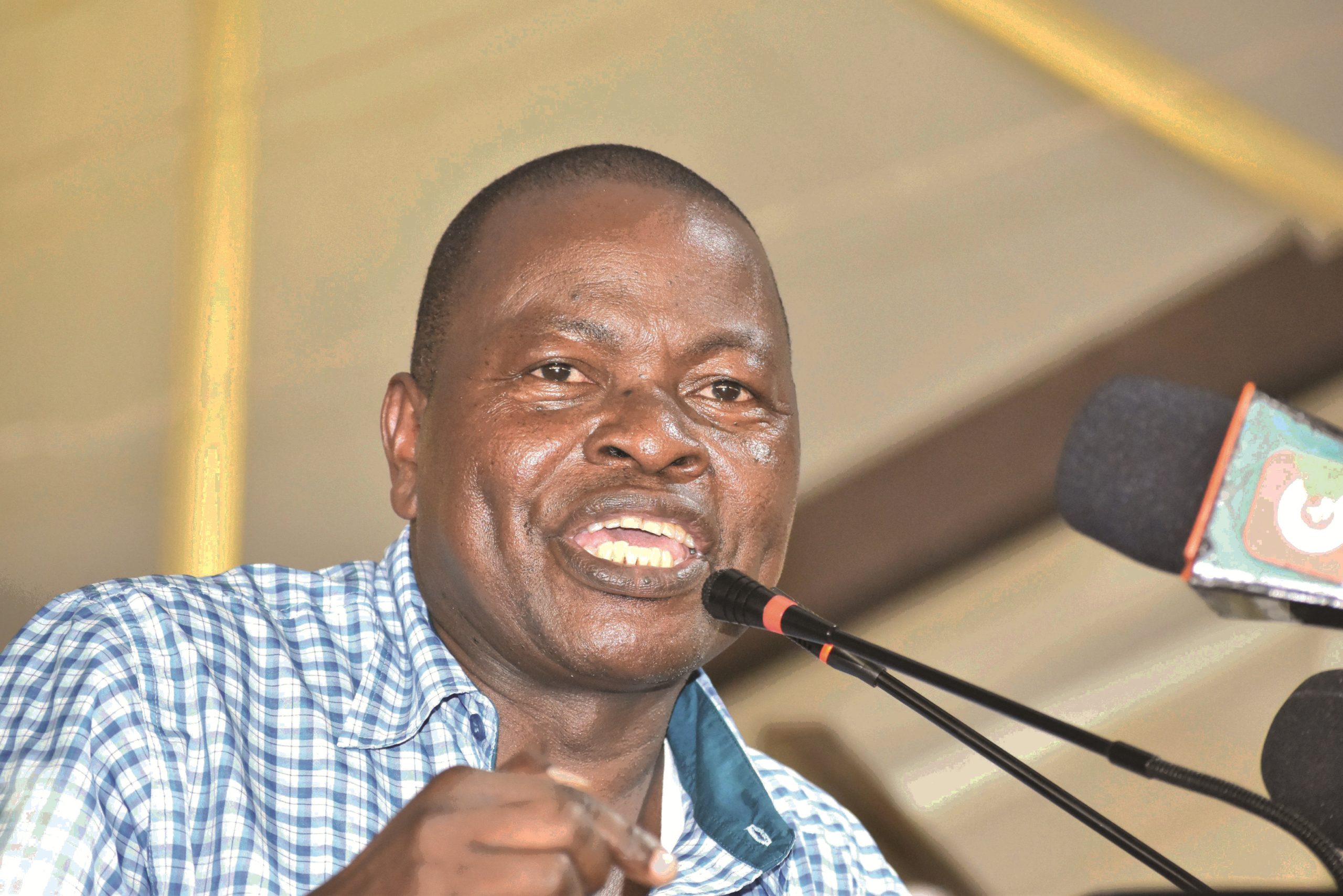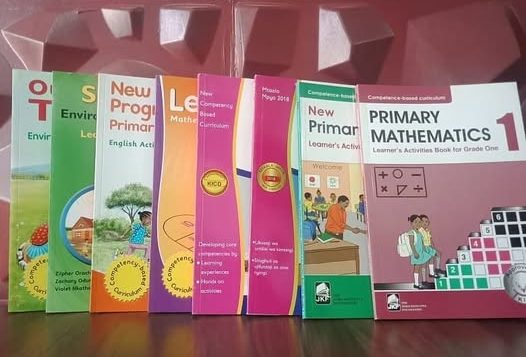By Roy Hezron
The Kenya Union of Post Primary Education Teachers (KUPPET) is calling for the Presidential Working Party on Education Reforms (PWPER) be disbanded stating that it has caused more confusion over Junior Secondary School (JSS) transition.
The union now wants the government to instead call for a crisis meeting involving all key stakeholders urgently, in order to resolve the fundamental crisis building up since January 30, 2023 when the Grade Seven students reported to Junior Secondary Schools (JSSs).
In a media dispatch dated March 7, 2023 where the union had a list of demands over JSS that it wants the government consider; the union Secretary General Akello Misori stated that only a stakeholders’ meeting can address the current challenges being witnessed on JSS transition before they turn into a full-blown crisis.
Misori stated that the feedback from County Education Boards indicates that many public servants, including senior officials at the Ministry of Education and the Teachers Service Commission (TSC) are cautious in reporting this crisis for fear of going against the grain.
“As part of the government’s effort to address the crisis, KUPPET calls for the disbandment of the Presidential Working Party on Education Reform,” said Misori.
He added: “The Working Party has contributed more confusion than solutions in the JSS transition. The team’s cardinal mistake was to deviate from the CBC (Competence Base Curriculum) implementation plan that had guided the new curriculum for five years, without thinking through their recommendations.”
According to the union, there is ineffective delivery of the curriculum in public schools since the government through TSC has posted only one JSS teacher per school, who is grossly overburdened in handling nine lessons per day covering all compulsory learning areas in JSS.
Further, the primary schools where JSS is domiciled lack the critical infrastructure for JSS, including laboratories, libraries, and facilities for extracurricular activities; while the Guidelines for Implementation of Junior Secondary Education released in January this year by the Ministry provide a path for the development of such facilities which will take time hence depriving current learners of the quality education they deserve.
The union also notes that there are unclear teacher management procedures that have resulted in many cases being lodged by JSS teachers or primary school head-teachers at the TSC and County Education Boards, low or non-existent education support staff in the institutions, limited learning materials for JSS and low capitation funds.
KUPPET now wants the current JSS be domiciled in secondary schools adding that wherever JSS is currently being domiciled, challenges were bound to ensue; warning that keeping these learners in primary schools any longer than the next school holiday would be tantamount to wasting their entire academic year
“It is not too late for the government to domicile JSS in secondary schools. In anticipation of this transition, the State Department for Early Learning and Basic Education had invested massively in addressing some of the shortfalls that have emerged,” said Misori.
“It is common sense that building more classrooms in secondary schools – which already have laboratories – would be easier and more cost-effective than trying to create whole new infrastructures like labs in primary schools,” he added.
In their submission to the PWPER regarding transition to JSS, KUPPET maintained that as the name implies, Junior Secondary lays the foundation and prepares learners for specialised career pathways in the arts and sports, social sciences or science, technology, engineering and mathematics hence the curriculum designs for JSS are for secondary school level education with abstract concepts introduced across the subjects which were previously in Form One.
“I invite the Working Party to examine the widespread challenges many teachers in primary schools have faced in delivering Grade Six Science, Mathematics and language contents,” said Misori in his presentation to the PWPER.
“Unless anyone is coming from the moon, only secondary schools have the human resources, libraries, laboratories and more importantly the culture for JSS. Teachers at that level are trained to deal with adolescents, whose onset starts at 13 years, and sometimes even at 12 years,” he added.
However, the government through the Ministry of Education promised that it is going to spend a total of Ksh18 billion for the JSS learners’ capitation grants in the next financial year; with Ksh.15, 000 capitation being allocated to each learner in JSS of which Ksh. 4, 000 will be spent on development of infrastructure with the greatest priority being on laboratories.
In this financial year the government is planning to spend Ksh.9.6 Billion on capitation grants to learners of JSS for Term One and Term Two of 2023.






